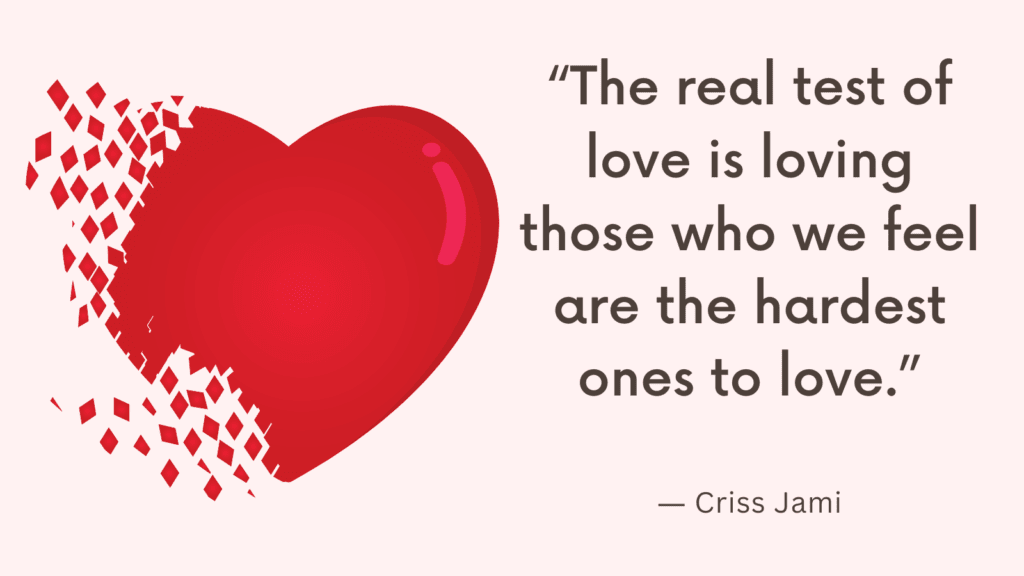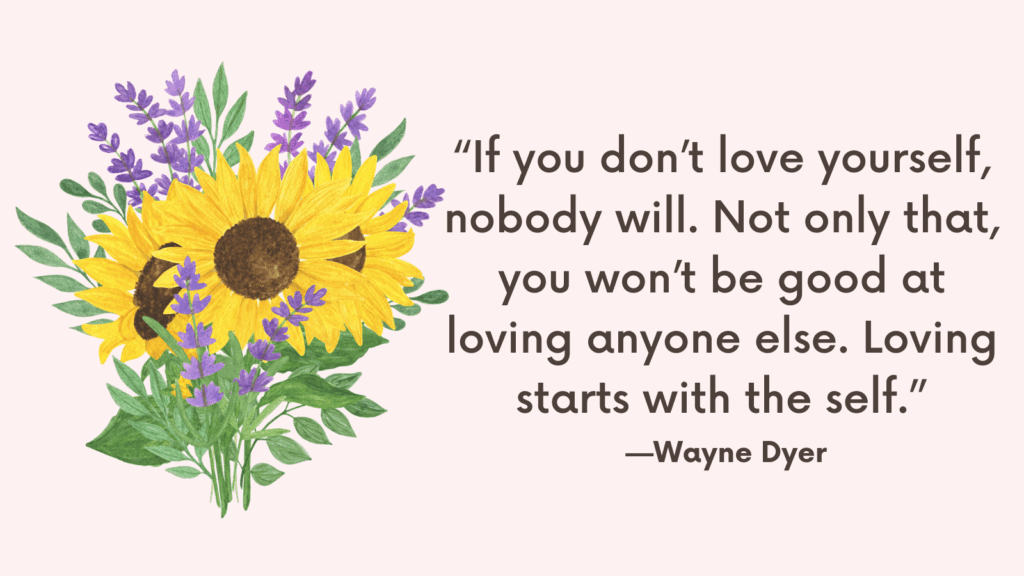Your partner doesn’t want to talk about problems? Read on to find out why and what to do about it.
Why Partners Don’t Want To Talk About Problems?
When partners in a relationship avoid discussing problems, it often stems from a variety of underlying issues and psychological mechanisms.
Here are some of the main reasons why partners might avoid talking about problems:
1. Fear of Conflict
Many individuals have a deep-seated fear of conflict, associating it with negative outcomes such as anger, hurt feelings, or even the potential end of the relationship.
This fear can lead them to avoid discussions they anticipate will lead to conflict, hoping to maintain peace but at the cost of addressing important issues.
2. Lack of Communication Skills
Some people simply lack the communication skills necessary to effectively discuss problems.
They may not know how to express their feelings and concerns in a constructive manner, or how to listen actively to their partner’s perspective.
This lack of skill can make the prospect of discussing problems daunting.
Related: I Can’t Talk To My Husband without Him Getting Angry: Top 8 Things to Do
3. Past Experiences
Past experiences, either from the current relationship or previous ones, can influence a person’s willingness to talk about problems.
If previous attempts at discussion led to negative outcomes, a person might be hesitant to engage in similar conversations again, fearing a repeat of past hurts.
4. Fear of Vulnerability
Opening up about problems requires vulnerability, which can be frightening.
Many people fear that showing vulnerability might lead them to be perceived as weak or could lead to exploitation.
This fear can cause them to keep their concerns to themselves, avoiding discussions that might expose their vulnerabilities.
Related: 10 Toxic Communication Styles to Avoid In a Relationship
5. Belief in Self-Reliance
Some individuals hold a strong belief in dealing with problems on their own, viewing the need to discuss issues as a sign of dependency or weakness.
This mindset can prevent open communication, as they prefer to attempt to solve problems independently, even when collaboration might be more effective.
6. Avoidance of Responsibility
Discussing problems often involves acknowledging one’s own role in the issue.
Some people might avoid conversations about problems to evade admitting fault or taking responsibility for their actions, preferring denial over confrontation.
Related: How To Communicate With Your Partner Without Fighting?
7. Concerns About the Relationship’s Stability
If a person doubts the stability of the relationship, they might avoid discussing problems out of fear that such conversations could lead to a breakup.
This is especially true in cases where the relationship already feels fragile, and any perceived negativity is seen as a threat.
8. Not Recognizing the Importance
Sometimes, a partner might not recognize the importance of the issue at hand.
What one person sees as a significant problem, the other might view as trivial or unworthy of discussion, leading to a mismatch in communication priorities.
9. Emotional Overwhelm
Emotional overwhelm can also be a barrier to discussing problems.
If someone is dealing with personal stress, anxiety, or depression, they might find it exceedingly difficult to engage in conversations about relationship issues, fearing they cannot handle additional stress.
Related: 10 Things Your Partner Should Never Say To You
My Partner Doesn’t Want To Talk About Problems – Here’s What to Do
When a partner is reluctant to discuss problems, it can create feelings of frustration, confusion, and isolation in a relationship.
1. Empathize with Their Feelings
Understand that your partner’s reluctance likely stems from their own fears, insecurities, or past experiences.
Empathy is crucial in addressing the underlying issues.
2. Reflect on Communication Patterns
Consider how past discussions about problems have gone.
Were they constructive, or did they escalate into arguments?
This reflection can provide insights into why your partner may be hesitant.
3. Foster a Non-Judgmental Environment
Make it clear that your intention is to understand and resolve, not to criticize or blame.
Assure your partner that their feelings and perspectives are valid and important.
Related: Best 50 Vulnerable Questions To Ask Your Partner
4. Choose the Right Moment
Timing is key. Approach your partner at a calm time, avoiding moments of stress or distraction.
5. Express Your Needs Clearly
Use “I” statements to express how the lack of communication affects you and why discussing problems is important for the health of your relationship.
6. Start Small
Begin with less sensitive topics to build trust and confidence in your communication process.
This can gradually make it easier to tackle more significant issues.
7. Encourage Small Steps
Acknowledge and appreciate any effort your partner makes towards opening up, no matter how small.
Positive reinforcement can encourage further communication.
8. Leverage External Support
Encourage your partner to talk to trusted friends or family members if they are more comfortable doing so initially.
Sometimes, external perspectives can help ease the fear of direct confrontation.
9. Work on Emotional Regulation
Managing your emotional responses during sensitive discussions can prevent escalation and make your partner feel safer to open up.
10. Learn Conflict Resolution Skills
Developing healthy ways to manage and resolve conflicts can reassure your partner that discussions will not necessarily lead to negative outcomes.
11. Respect Boundaries
If your partner is not ready to discuss certain issues, respect their boundaries. Pushing too hard can lead to further withdrawal.
Related: Is It ROCD Or Am I Not In Love? Top 4 Powerful Ways to Overcome Relationship Anxiety And ROCD
12. Set Realistic Expectations
Understand that some problems may not be resolved immediately or as you envisioned.
The goal is to make progress in understanding each other and finding mutually acceptable solutions.
13. Reassess Regularly
Check in with each other regularly about how the communication process is going.
Openly discuss what is working and what isn’t, and adjust your approach as needed.
14. Know When to Let Go
In some cases, if communication doesn’t improve and the relationship suffers, it may be necessary to reevaluate the relationship.
Recognize when professional help and personal efforts are not leading to change, and consider your own well-being.

Conclusion
Navigating a partner’s reluctance to talk about problems requires a balanced approach of empathy, patience, and strategic communication.
By understanding the reasons behind their reluctance, creating a safe environment for dialogue, and gradually building up their comfort level, you can encourage more open and honest communication.
Remember, the goal isn’t just to talk about problems but to strengthen your relationship through understanding, respect, and teamwork.



